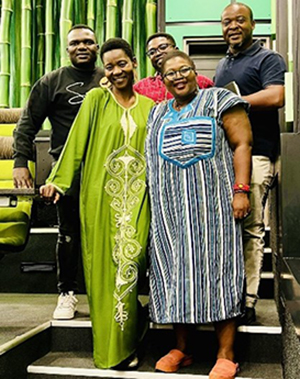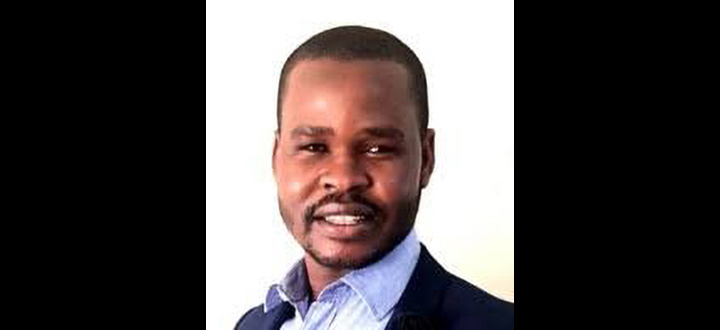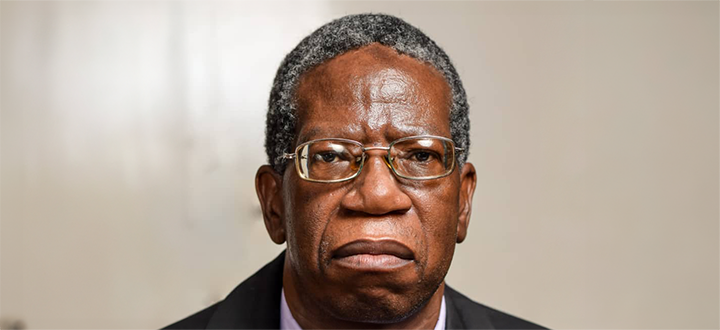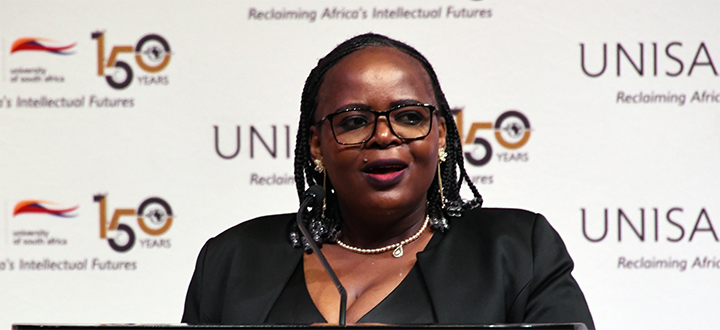College of Human Sciences
Considering the past and future of Pan-Africanism
As part of Unisa’s Annual Research and Innovation Week, the Chief Albert Luthuli Research Chair, led by incumbent Prof Puleng Segalo, held a symposium on 21 May 2024 focusing on the theme Pan-Africanism: Revisiting (Looking Back) and Reimagining (Looking Forward).
The symposium was a follow-up to the Chief Albert Luthuli Research Chair Founders Lecture which was hosted in November 2023, with a keynote by Prof Horace Campbell. Based on Campbell’s lecture, a number of themes were identified leading to the hosting of this symposium.

Speakers, from left: Prof Monde Ntwasa, Malaika Mahlatsi, Dr Noluthando Radebe and Prof Tshepo Madlingozi
The symposium featured a distinguished panel of speakers. Prof Monde Ntwasa explored "Towards Global Emancipation of African Communities in Times of Artificial Intelligence", discussing how AI impacts African societies. Malaika Mahlatsi addressed "Cultural and Historical Recovery through Education and Knowledge Production", emphasising the importance of reclaiming African narratives. Dr Noluthando Radebe shed light on "The Important Role of Women in Shaping Pan-Africanism", highlighting the critical contributions of women in academia and community leadership. Prof Tshepo Madlingozi discussed "Exploring Global Africa", focusing on the significance of black nationalism and the historical context of African liberation movements.
Last year, Campbell identified two critical tasks in his lecture. The first was a call to self-definition and the emancipation of African descendants worldwide. He challenged the audience to consider, "How do we reinforce the emancipation of the global African peoples?". Madlingozi’s reflections provided a comprehensive exploration of this theme, discussing the enduring relevance of black nationalism and the necessity of achieving full emancipation both in the diaspora and on the continent.

Prof Puleng Segalo, incumbent of the Chief Albert Luthuli Research Chair (front left), and programme director Mabafokeng Hoeane Researcher, Chief Albert Luthuli Research Chair (front right) with some of the symposium attendees
He traced the legacy of black internationalism from the Haitian Revolution to the 1659 anti-colonial revolution in South Africa, and celebrated figures like Marcus Garvey and the Harlem Renaissance's "new negro" ideology. Madlingozi emphasised the need to redefine and reconstitute the world from an African perspective, attacking racial capitalism and recentring Africa in global discourse.
The second task posed by Campbell was, "How do we support the revitalisation of Africa, thereby elaborating the humanity of African peoples at home and abroad?". Ntwasa addressed this by examining the perpetual defence of black humanity and the suppression of African history. He highlighted the need to redefine African narratives and criticised the exclusion of African contributions in scientific and technological advancements. Ntwasa also explored the impact of emerging technologies on African spirituality and identity.
Radebe highlighted Chief Albert Luthuli’s advocacy for women's rights, emphasising the inherent humanity and validity of African people. She discussed the pivotal roles women play in communities and academia, often leading research and providing critical support.
Mahlatsi urged the audience to consider the role of African universities and higher education by recognising May as Africa Month and acknowledging lost or stolen cultures. She addressed epistemic violence and stressed the importance of placing African voices at the centre of research and institutional support. Mahlatsi also emphasised the necessity of community engagement and ensuring that indigenous communities are central to academic endeavours.
Campbell emphasised the relevance of institutions like Unisa and other African higher learning institutions in reflecting on these tasks. Through the symposium, the Chief Albert Luthuli Research Chair successfully created a platform to discuss the relevance of Pan-Africanism, honouring the legacy of Luthuli, who fought for the emancipation of African people from the shackles of colonialism and in the case of South Africa, apartheid as well. Luthuli could be perceived as a Pan-Africanist as he always emphasised the importance of the liberation of African people.
* By Mabafokeng Hoeane, Researcher, Chief Albert Luthuli Research Chair
Publish date: 2024-06-04 00:00:00.0


 Mental health among men in the workplace needs more attention
Mental health among men in the workplace needs more attention
 "I owe everything to Unisa and my late supervisor's priceless mentoring"
"I owe everything to Unisa and my late supervisor's priceless mentoring"
 Majikijela - a queer scholar raising homosexuality awareness through his work
Majikijela - a queer scholar raising homosexuality awareness through his work
 Unisa and Inqaba Biotec unveil groundbreaking DNA research platform
Unisa and Inqaba Biotec unveil groundbreaking DNA research platform
 College of Law appoints esteemed scholar as executive dean
College of Law appoints esteemed scholar as executive dean